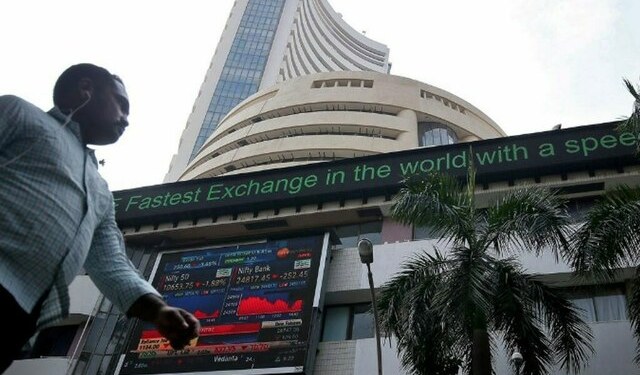HONG KONG: Asian markets mostly rose on Monday as investors cautiously edged back into buying after last week’s global rout, with confidence lifted by a rally on Wall Street but analysts warned of further volatility.
After a stellar 2017 and a January that saw record and multi-year highs around the world, traders are scurrying to the hills this month as a strong economic outlook — particularly in the US — healthy corporate earnings and rising inflation have sent borrowing costs surging.
Equity markets, for years buoyed by post-crisis stimulus, have spiralled into the red as traders fret that the era of cheap cash is at an end.
But Monday got off to a calm start.
Hong Kong, which sank more than nine percent last week, was up 0.5 percent while Shanghai added 0.3 percent and Singapore rose 0.1 percent.
Seoul gained 0.9 percent, with traders cheered by signs of a thaw in relations between North and South Korea during the Winter Olympics after Kim Jong Un — whose sister attended the opening ceremony in Pyeongchang — invited the South’s President Moon Jae-in for a summit in Pyongyang.
Taipei added 0.6 percent and Manila 0.1 percent but Sydney eased 0.4 percent.
Tokyo was closed for a public holiday.
The gains came after a late rally on Wall Street helped all three main indexes end on a positive note Friday, though still well down over the week.
– Oil struggles –
However, there are expectations that profit-taking will lead to further losses, with Brian Culpepper at James Investment Research warning: “Stocks are extremely expensive.”
Eyes are now on the release this week of US inflation figures, which market-watchers say will be key to future movements.
“With powerful US economic signals and interest rates most certainly to rise quicker than expected, last week’s tumult could be little more than the start of the equity rollercoaster,” said Stephen Innes, head of Asia-Pacific trading at OANDA.
“Given all this ruckus started with an uptick in the wage growth component from this month’s (US jobs report) release; this week’s US inflation data will be a monster of a print.”
While the week got off to a positive start, energy firms took another hiding after further falls in the price of oil, which has been caused by rising US production and the spillover from the equity market rout.
Both main contracts were up Monday but they are more than 10 percent down from their recent highs touched in January.
Inness added that oil prices could take another hit soon after the head of Russian energy giant Gazprom Neft said last week that producers could adjust their commitments under a Moscow-OPEC output cap deal as soon as next quarter.
On currency markets, the dollar suffered further selling against the safe-haven yen, while the euro and the pound held their gains against the greenback on expectations of tighter borrowing costs in Europe and Britain.
Source: Brecorder.com


























